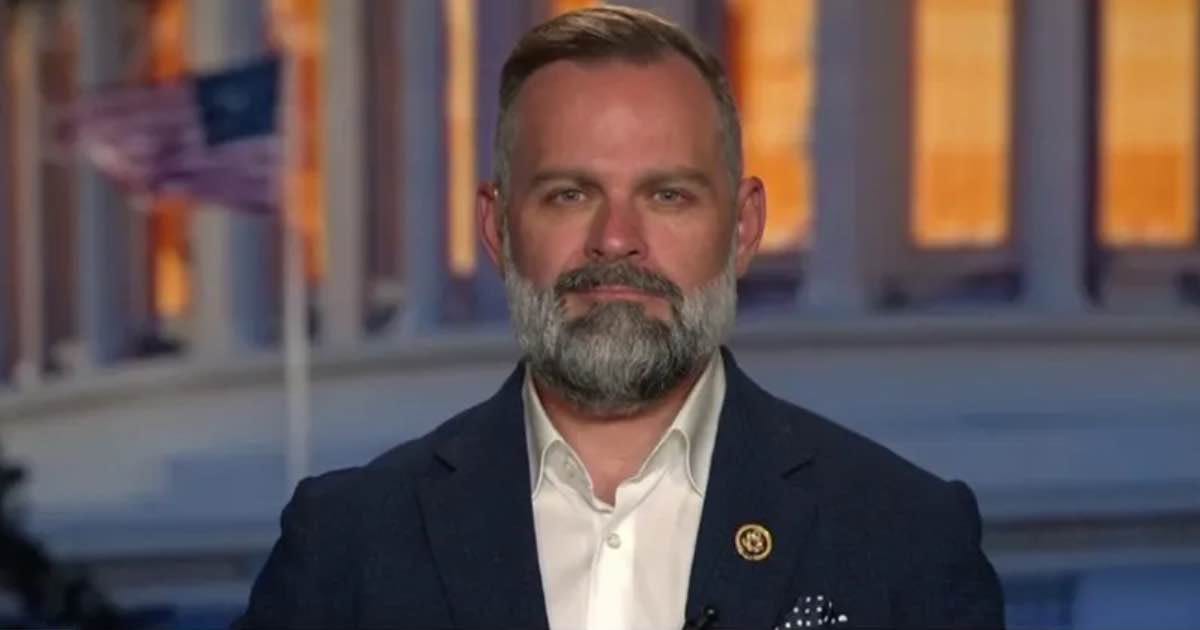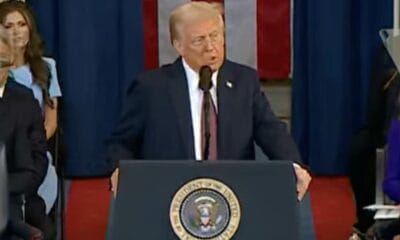Military
Rep. Mills: Hegseth Will Restore Military Focus, Address Recruitment Deficit

In a recent segment on The Ingraham Angle, Rep. Cory Mills and former Deputy Assistant Secretary of Defense Elbridge Colby shared their thoughts on improving the Pentagon and strengthening U.S. military priorities.
Rep. Cory Mills highlighted a pressing recruitment issue in the military. He noted a “recruitment deficit of 42,000” and criticized the removal of over 8,600 service members due to political decisions. Mills believes these individuals should be reinstated with their “full pay” and benefits. He stressed that they “should serve the military, not political agendas.”
Trump Taps Fox News Star and Army Vet Pete Hegseth for Defense Secretary
Mills voiced strong support for Pete Hegseth to lead these reforms. “He’s an outsider…a military officer…qualified for the job,” Mills stated. Hegseth, he said, understands how to address divisive issues, like critical race theory, which Mills argues hurts recruitment efforts.
Elbridge Colby, on the other hand, focused on restoring “the American military’s strength.” He argued that the main goal of the armed forces is to “fight and win America’s wars,” especially with the growing threat from China. “The threats are real,” Colby warned. He expressed concern about using U.S. resources on conflicts like Ukraine, which, in his view, “wastes our military power.”
Both Mills and Colby urged the Pentagon to focus on core missions and preparedness. “Peace through strength,” they emphasized, is the way forward. By shifting resources from peripheral conflicts and addressing recruitment, they believe the U.S. military can better protect national interests.
























